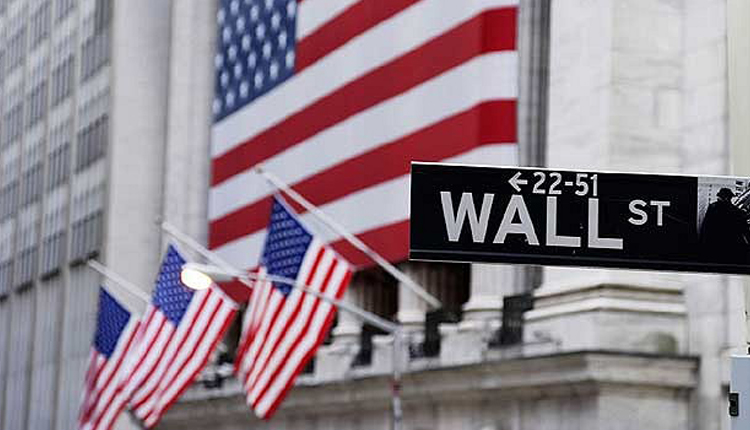U.S. stocks fell on Friday as some of the most popular technology shares were under pressure once again, while a steep drop in oil prices also weighed on equities. Dow Jones Industrial Average dropped 178.74 points to 24,285.95 while the S&P 500 pulled back 0.65 percent to 2,632.56.
The Nasdaq Composite dipped 0.5 percent to close at 6,938.98. The Dow and S&P 500 posted their worst Black Friday performance since 2010. The Nasdaq had its worst Black Friday since 2011.
For the week, the major indexes all dropped more than 3 percent. They also had their biggest loss for a Thanksgiving week since 2011.
“I don’t think the bull run is over but I think we’re close to the end of the cycle,” said Mark Esposito, CEO of Esposito Securities. “It feels a bit unsafe.” Esposito cited slowing earnings growth, higher market volatility and slowing economic growth as signs the currency cycle may be ending.
Facebook, Amazon, Apple, Netflix and Google-parent Alphabet all fell on Friday. These stocks, which make up the popular “FAANG” trade, all fell at least 5.7 percent through Wednesday’s close.
Apple, which has fallen more than 25 percent since hitting an all-time high earlier this year, dropped 2.5 percent after The Wall Street Journal reported the company plans to cut prices for the iPhone XR in Japan because it’s not selling well.
Friday’s session ended early after the Thanksgiving holiday on Thursday, when U.S. markets were closed.
Stocks were also under pressure on Friday as crude oil prices plunged. West Texas Intermediate futures fell more than 6 percent to $51.03 per barrel, reaching their lowest level of the year.
“Tech stocks are under pressure once again but more troubling is that oil prices are collapsing,” said Peter Cardillo, chief market economist at Spartan Capital Securities. “Lower oil prices are not a good sight for the economy.”
“OPEC has indicated they’re going to cut [production], but that’s not helping. That’s a bad sign,” said Cardillo.
The drop sent the Energy Select Sector SPDR Fund (XLE), which tracks the S&P 500 energy sector, down more than 3.1 percent. Shares of Concho Resources, EOG Resources and Devon Energy were among the biggest decliners in the XLE.
Crude’s decline comes at a time when U.S.-China trade tensions have raised concern of a possible economic slowdown. The two countries have imposed tariffs on billions of dollars worth of each other’s goods as the Trump administration takes on a protectionist stance on trade.
U.S. and Chinese leaders are expected to meet at a G-20 meeting in Argentina at the end of the month, though few economists expect the scheduled talks to resolve the trade dispute.
“A lot of the move have to do with tariffs and moves by the Fed,” said Greg Powell, CEO of Fi-Plan Partners. “Depending on what happens in those talks, that could change the whole dynamic in the market from a sentiment standpoint.”
China stocks fell on Friday in anticipation of the U.S.-China trade talks. The Shanghai Composite dropped 2.5 percent while the Shenzhen A Share index pulled back 3.7 percent.
Retailers bucked the negative trend, as the SPDR S&P Retail exchange-traded fund (XRT) rose 0.3 percent on Black Friday, one of the busiest shopping days of the year. Shares of Lands’ End and Etsy rose 5 percent and 2.8 percent, respectively, while L Brands gained 2 percent. Overstock, which is also in the XRT, surged more than 23 percent after its CEO said the company would sell its retail business to focus on crypto.
Source: CNBC


